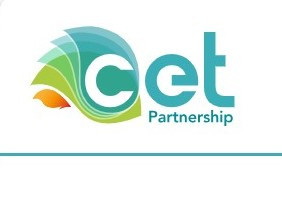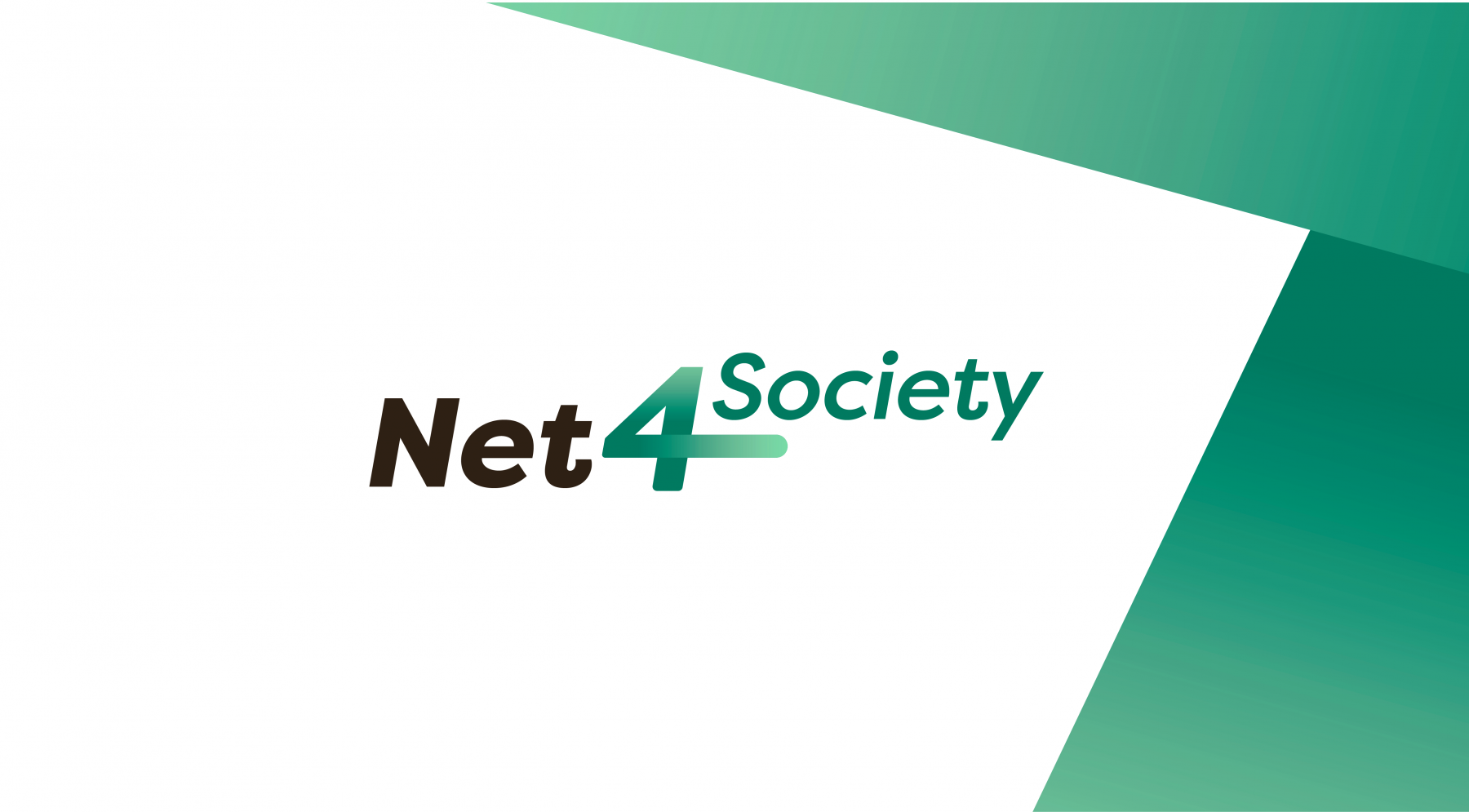Open call with SSH aspects on energy technology and system challenges

Published on: 02/09/2024
The opening for pre-proposal submission is 19 September 2024.
Deadline:
Deadline for pre-proposal submission: 21 November 2024, 14:00 (CET)
Deadline for full- proposal submission: 2 April 2025
Weblink (URL):
Call Abstract:
The Call consists of call modules, addressing different energy technology and system challenges as well as different RDI approaches and thus complementing and completing each other.
Modules that may be relevant for SSH disciplines are listed below:
CM2024-04 Carbon capture, utilisation and storage (CCUS): this call module supports projects to develop and implement CCUS technologies, primarily in the industrial and energy sector. In addition to technological solutions, proposals should also address environmental, social, and economic implications that might impact industrial application of the proposed technology. Projects must address one or more of the following topics:*
- Development of circular economy strategies to reduce CO2 footprint throughout the CCU/CCS life cycle.
- Development of strategies for engagement between CCU/CCS project developers and communities that lead to projects with mutual benefits and social acceptance.
- Development of a robust life-cycle assessment (LCA) and techno-economic analysis (TEA) for full CCU/CCS value chains and life cycles. Alternatively, development of a more complex sustainability assessment addressing social sciences and humanities (SSH) disciplines (e.g., sociology, social psychology and economics).
*for the full list of topics, check the topic text
CM2024-05 Hydrogen & renewable fuels:
the call module supports projects to develop and implement technologies for effective and efficient production, distribution, storage and end-use of hydrogen (blue and green) and renewable and advanced fuels. The call module also addresses environmental, societal and economic challenges requiring solutions. It means that proposals must illustrate how the projects will help accelerate the time to develop and implement environmentally friendly, resource- and cost-efficient technologies to produce, distribute, store and use hydrogen and renewable fuels along the whole value chain.
CM2024-06 Heating and cooling technologies:
the overarching goals are to provide enhanced and improved heating and cooling technologies and systems for all major parts or climate zones of Europe around 2030 and to enable 100% climate-neutral heating and cooling by 2050.
The call module supports 1. pilot and demo projects and 2. applied research and development projects that will develop technologies, methods, knowledge or innovations for heating and cooling:
Pilot and demo projects must address at least one of the following compared to state-of-the-art today:
- cost reduction
- increase in competitive market opportunities
- increase in environmental protection
Applied research and development projects must address at least one of the following compared to state-of-the-art today:
- significant cost reduction
- significant increase in competitive market opportunities
- significant increase in environmental protection
- better tools and methodologies
- Proposals are encouraged to consider cross-cutting issues such as economic modelling, social aspects, environmental concerns, etc.
CM2024-07 Geothermal energy technologies:
this call module targets research, development and innovation in how geothermal energy is developed, supplied and integrated into Europe’s future energy system.
The call module supports 1. pilot and demo projects and 2. applied research and development projects that will develop technologies, methods, knowledge or innovations for geothermal energy:
Pilot and demo projects must address at least one of the following compared to state-of-the-art today:
- cost reduction
- increase in competitive market opportunities
- increase in environmental protection
Applied research and development projects must address at least one of the following compared to state-of-the-art today:
- significant cost reduction
- significant increase in competitive market opportunities
- significant increase in environmental protection
- significant increase in environmental protection and/or reduction of risks associated with the development or operation of a geothermal installation
- better tools and methodologies
Proposals are encouraged to consider cross-cutting issues such as economic modelling, social aspects, environmental concerns, etc.
CM2024-08 Integrated regional energy systems:
this call module supports projects to demonstrate how local stakeholders, regulations and markets enable various technologies on different levels to work together in an integrated system to address the regional challenges of the energy transition. The following are some examples of regional challenges for the energy transition, even though applicants can also choose their own challenge covering a relevant solution approach.
- Demonstrate and validate solutions to overcome energy poverty and contribute to a just energy transition
- Enable citizens, need-owners and other stakeholders to take part in the related value chains
*for the full list of regional challenges examples, check the topic text
CM2024-10 Clean energy integration in the built environment:
proposals applying to this call module should clearly include integration aspects to demonstrate their expected role in the built environment. This should be achieved by focusing on the physical, technical and, where applicable, aesthetical integration of clean energy conversion and storage technologies for power, heating and cooling as well as mobility concepts into buildings and more generally into the built infrastructure.
Three challenges are defined in this call module, namely:
- Challenge 1: Transformation of the building / built environment to an active part within the energy system
- Challenge 2: Digitalisation of the whole life cycle of a building
- Challenge 3: Development of new concepts and technologies to renovate and refurbish the built environment
- Novel holistic plus economically viable renovation concepts including demonstration, LCA, etc.
- ”User” acceptance and economic viability of renovation
*for the full list of topics, check the topic text
SSH aspects (keywords/disciplines):
Sociology, Economics, Political Science, Anthropology, Law, Ethics, Education, Psychology.
Countries:
Austria; Belgium; Canada; Czech Republic; Denmark; Estonia; France; Germany; Greece; Hungary; Iceland; India; Ireland; Israel; Italy; Lativia; Lithuania; Malta; Netherlands; Norway; Poland; Portugal; Romania; South Korea; Spain; Sweden; Switzerland; Tunisia; Türkiye; United States.
Detailed information here.

